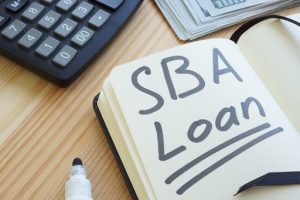SBA Financing Checklist: What You Need & How to Get Approved
Our SBA Financing Checklist can help ease the loan process when buying a business.
So, you have decided you would like to run your own business – now what? The process of purchasing a business can be overwhelming to first timers; there are legal and accounting aspects that need to be managed closely, actually finding the right business, and securing proper financing. After working with thousands of buyers in the Southeast, we understand how daunting the entire process can appear. While there are several steps involved in purchasing a business, securing financing is critical. Unless a buyer is able to pay in cash or dip into their retirement, obtaining financing via an SBA-back loan is the best option.
The Small Business Administration offers a 7(a) loan that we are very familiar with and have counseled hundreds of buyers on successfully obtaining. A majority of the time, the loan is offered with 10 year terms and 20-25% down, which most buyers get tax-free through their 401k. Getting through the SBA application process can be tricky and it is good to know what the SBA looks for when granting small business loans. Documents are required from both the buyer and seller when purchasing a business, and the SBA’s main focal points are below.
To be granted an SBA-backed loan, the seller needs to provide documentation showing stability and provable financials for the business, which makes it a low-risk investment in the eyes of the SBA. The buyer needs to provide documentation proving that they are capable of managing the business, continuing its success and most importantly, paying the loan back on time. While all of these factors are critical in the loan process, the cash flow and current state of the business carries the most weight. Working together, with the help of a business broker, navigating the SBA application process should be fairly easy and we have created this checklist to assist you in the process.
- Application: First, complete the SBA application.
- Personal History & Financials: The buyer will need to complete the Financial Statement and Personal History forms for the eligibility process.
- Business Financials: To assess the stability of the business, the SBA will need the following financials.
- Profit & Loss Statements
- Balance Sheets
- Tax Returns
- Ownerships: A list of any stock, franchises, businesses, partnerships, subsidiaries or any other endeavor in which you have controlling interest and pertains directly to your net worth.
- Business License: Business License or Certificate of doing business, at the state and federal levels.
- Loan Application History: Include a list of all loans you have applied for.
- Tax Returns: The following tax returns are needed from both the buyer and seller.
- Buyer: Personal & Business tax returns for the past 3 years.
- Seller: Federal tax returns for the past 3 years.
- Resumes: Resumes for each principal are needed to assess eligibility.
- Business Overview & History: Provide a brief history and overview of the business and why an SBA loan is needed to proceed with purchasing. The SBA will also need the following for Existing Businesses:
- Asking Price with Inventory List (machinery, equipment, furniture, fixtures, etc.)
- Proposed Bill of Sale with Terms
- Building Lease
Navigating M&A can be tiring, and at Viking Mergers & Acquisitions, we strive to be as helpful as possible when guiding you through the SBA approval process. After 500 transactions, we have built very close bonds with local SBA Approved Lenders to move the process along with even greater ease. For more information about SBA Financing and Businesses for Sale in the Southeast, contact one of our brokers.



